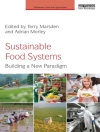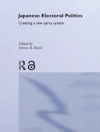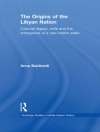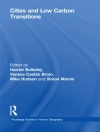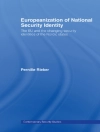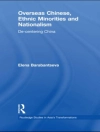Over the past 300 years, settlement patterns, geography, and climate have greatly affected the ecology of the south Texas landscape. Drawing on a variety of interests and perspectives, the contributors to On the Border probe these evolving relationships in and around San Antonio, the country’s ninth-largest city.Spanish, Mexican, and American settlers required open expanses of land for agriculture and ranching, displacing indigenous inhabitants. The high poverty traditionally felt by many residents, combined with San Antonio’s environment, has contributed to the development of the city’s unusually complex public health dilemmas. The national drive to preserve historic landmarks and landscapes has been complicated by the blight of homogenous urban sprawl. But no issue has been more contentious than that of water, particularly in a city entirely dependent on a single aquifer in a region of little rain. Managing these environmental concerns is the chief problem facing the city in the new century.
Over de auteur
Char Miller is W. M. Keck Professor of Environmental Analysis and director of the Environmental Analysis Program at Pomona College. He is the author or editor of numerous books, including Gifford Pinchot and the Making of Modern Environmentalism; Public Lands/Public Debates: A Century of Controversy; Out of the Woods: Essays in Environmental History; and Between Ruin and Restoration: An Environmental History of Israel.


